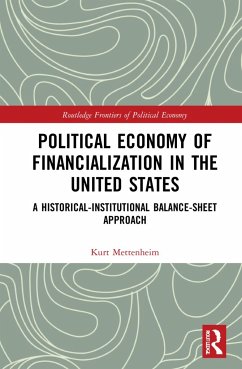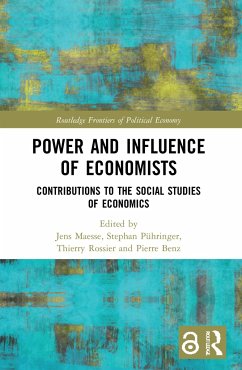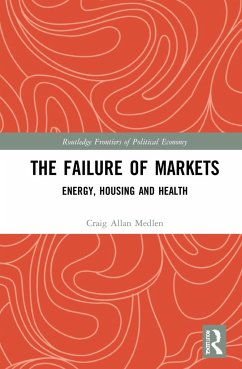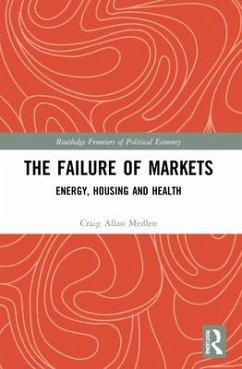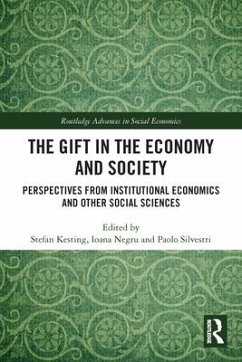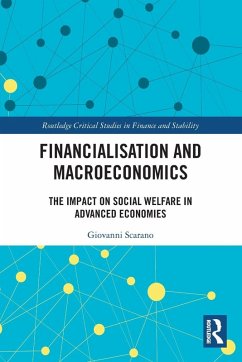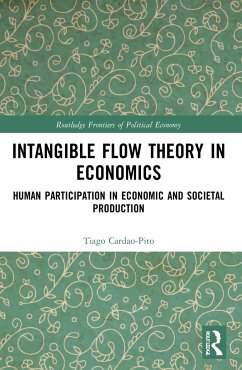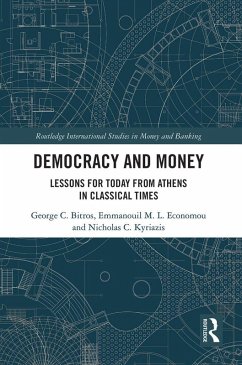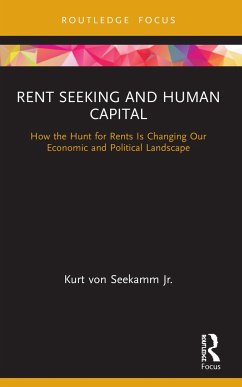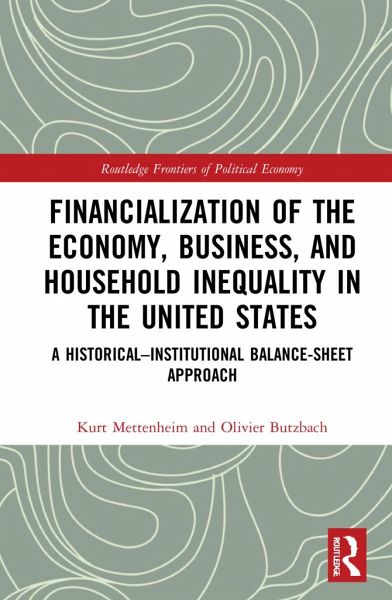
Financialization of the Economy, Business, and Household Inequality in the United States
A Historical-Institutional Balance-Sheet Approach
Versandkostenfrei!
Versandfertig in 6-10 Tagen
45,99 €
inkl. MwSt.
Weitere Ausgaben:

PAYBACK Punkte
23 °P sammeln!
This second volume on the political and social economy of financialization in the US focuses on the consequences of the rise of finance for the American macroeconomy, household inequality, and the management of nonfinancial business enterprises.A historical-institutional balance-sheet approach to long-term trends and recent change in the US reveals a series of anomalies and provisos for critical, heterodox, and mainstream economic approaches and provides new perspectives on debates about political economic change in advanced economies since the 2007-2008 financial crisis.This book marks a sign...
This second volume on the political and social economy of financialization in the US focuses on the consequences of the rise of finance for the American macroeconomy, household inequality, and the management of nonfinancial business enterprises.
A historical-institutional balance-sheet approach to long-term trends and recent change in the US reveals a series of anomalies and provisos for critical, heterodox, and mainstream economic approaches and provides new perspectives on debates about political economic change in advanced economies since the 2007-2008 financial crisis.
This book marks a significant contribution to the literature on financialization and studies in social economics, household economics, the structure and management of nonfinancial business enterprises, and American political economy.
A historical-institutional balance-sheet approach to long-term trends and recent change in the US reveals a series of anomalies and provisos for critical, heterodox, and mainstream economic approaches and provides new perspectives on debates about political economic change in advanced economies since the 2007-2008 financial crisis.
This book marks a significant contribution to the literature on financialization and studies in social economics, household economics, the structure and management of nonfinancial business enterprises, and American political economy.





